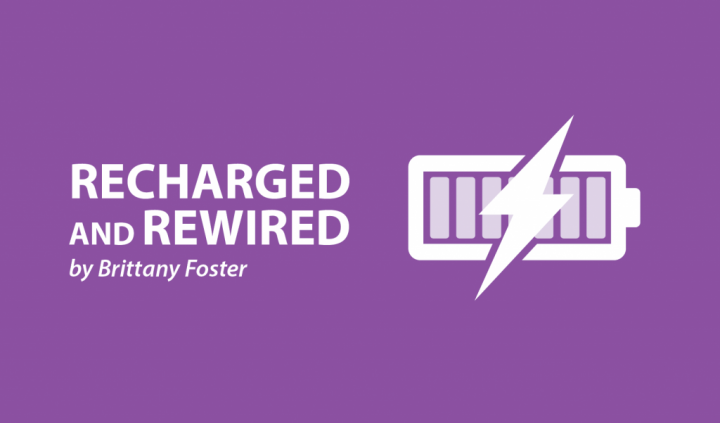Loving My Scars Involves Recalling Past Trauma

I can’t recall a time in my life when I didn’t have scars to show. Growing up with congenital heart disease left me with scars from drainage tubes and open-heart surgery, and cutdown scars from catheters and IV placements. I was always told to “love my scars” and that “scars are beautiful.”
Truthfully, I never paid much attention to the scars on my body when I was younger. They were just part of me, the same as the freckles on my face. When I was able to remember the procedures and surgeries I was going through, however, my scars assumed a different meaning.
Now, it’s difficult to look at the scars on my body without thinking about what I went through to get them. They don’t always remind me of what I was able to overcome. They’re not always signs of my strength. Sometimes, looking down at them or seeing them reflected in the mirror makes me recall physical pain and unpleasant symptoms. I also can’t help but think about the emotional toll certain surgeries have taken on me. Scars remind me of a difficult past and can leave me feeling worried about the future.
I used to think I was flawed for not always embracing my scars and body, as if something was wrong with me that was preventing me from accepting and loving them. Even though scars are beautiful and they do tell a story, sometimes that story is too painful to recall. There are days when I just can’t embrace my scars and days when I wish I never had them at all. To me, that’s all part of accepting them.
Discuss the latest research in the Pulmonary Hypertension News forums!
It’s hard to look at the most recent scars from surgeries on my GI tract, reproductive organs, and heart without getting emotionally upset. They were created at a difficult time in my life, a time that was filled with physical agony and emotional pain that left me questioning how much more I could handle.
It wasn’t exactly beautiful when I had my reproductive organs removed and realized I would never be able to have children. It wasn’t beautiful waking up from my thoracotomy with drainage tubes and in tears from being unable to move or breathe without pain. It’s not beautiful when I can see my rib cage after months of surviving on the bare minimum amount of calories or view scars from numerous feeding tube placements.
I don’t always see strength when I look down at my scars. When I look at my body, sometimes I see the anxiety that kept me up for almost a week straight. When others see a line across my back from a fresh incision, I see the days I spent sleeping in my room feeling depressed, hopeless, and scared to death. This intense emotional pain left scars that nobody can see.
Acceptance doesn’t mean I have to think my scars are signs of strength and beauty all the time. Ignoring the physical and emotional hurt they represent and concentrating on their outward appearance doesn’t help me love them. To me, accepting and embracing my scars means recognizing the emotional trauma and healing from the physical pain. My scars may not always feel beautiful, because recognizing what it takes to survive is messy and difficult.
***
Note: Pulmonary Hypertension News is strictly a news and information website about the disease. It does not provide medical advice, diagnosis, or treatment. This content is not intended to be a substitute for professional medical advice, diagnosis, or treatment. Always seek the advice of your physician or other qualified health provider with any questions you may have regarding a medical condition. Never disregard professional medical advice or delay in seeking it because of something you have read on this website. The opinions expressed in this column are not those of Pulmonary Hypertension News or its parent company, Bionews Services, and are intended to spark discussion about issues pertaining to pulmonary hypertension.








Leave a comment
Fill in the required fields to post. Your email address will not be published.